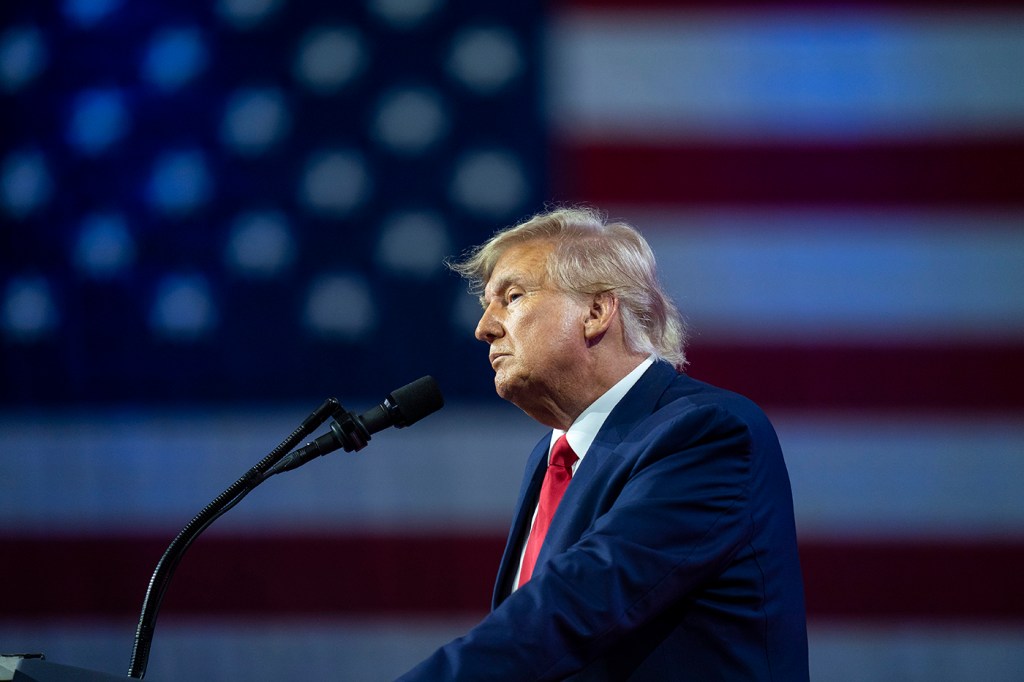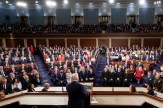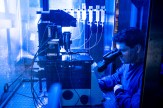What can Donald Trump actually know about his own prosecution?

As the world waits to see whether Donald Trump will be indicted in New York in the coming days, questions remain over what the former president could have known when posting on Saturday over social media that he “WILL BE ARRESTED ON TUESDAY.”
Despite the very public attempt at clairvoyance, Northeastern legal experts say Trump’s prognosticating is more reading between the lines than it is proof that he knows anything about background legal proceedings.
And the move is a standard one in the Trump political playbook, they said.
“First, I’m very dubious that Trump has any intel; my hunch is that he is just trying to dominate the news cycle and gin up his base,” says Daniel Medwed, Northeastern University distinguished professor of law and criminal justice.
“I very much doubt his lawyers would be alerted to the time frame of a looming indictment with such specificity,” Medwed says.
There’s been much attention paid to the Manhattan district attorney’s case against Trump, which concerns a hush-money payment made to pornographic actress Stormy Daniels. The case has been in the making for some years now.
Prosecutors earlier this month invited Trump to testify before a grand jury in the case—a move experts have said usually signals the end of a grand jury investigation. The New York Times reports that “it would be unusual for the district attorney, Alvin L. Bragg, to notify a potential defendant without ultimately seeking charges against him.”
But grand juries are secretive, tight-lipped bodies—prosecutorial tools that not all states have at their discretion pursuant to a criminal proceeding. That’s not to say they don’t experience leaks; in fact, a separate grand jury investigating the former president and his allies for interfering in the 2020 election has had to contend with one of its own members’ media blitz over the panel’s recommended indictments.
Public fanfare surrounding the string of high-profile investigations into Trump is to be expected, Northeastern experts say. But for other defendants, charges can often be blindsiding.
“There are lots of indictments in which the defendant is completely and utterly surprised,” says Rose Zoltek-Jick, associate teaching professor and associate director of the Civil Rights and Restorative Justice Project at Northeastern.
That Trump is now trying to use his celebrity clout to pressure prosecutors also suggests that the walls may be closing in on him, says Michael Meltsner, the George J. and Kathleen Waters Matthews Distinguished University Professor of Law and author of the new novel, “Mosaic: Who Paid for the Bullet?”
“The usual way a situation like this is handled would be to have the defendant, with counsel, simply appear at an announced time before a judge,” Meltsner says.
But the situation at hand is anything but usual, Meltsner says. Never before has a former president been charged with a crime, and only one has ever been arrested—though he (Ulysses S. Grant) was charged with a misdemeanor.
Medwed and Meltsner both note that an indictment in the hush-money case wouldn’t necessarily impact the other major criminal investigations Trump is facing, nor the assortment of lesser suits that are also pending in various courts.
“The other cases are on an independent trajectory,” Meltsner says. “If he is charged in multiple cases, the prosecuting authorities will have to sort out the order of play.”
As of 4 p.m. on Tuesday, no charges have been filed against Trump. Law enforcement authorities across the country have been preparing for protests this week in anticipation of a potential indictment.
Tanner Stening is a Northeastern Global News reporter. Email him at t.stening@northeastern.edu. Follow him on Twitter @tstening90.






